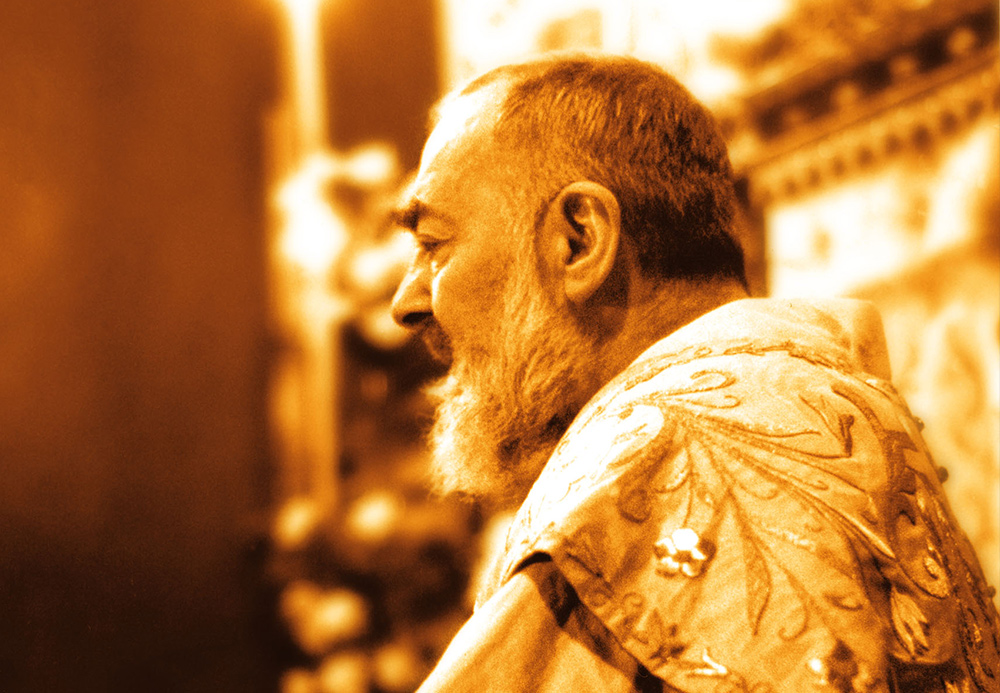
by bro Francesco Dileo, OFM Cap.
Once again, this year, Easter finds humanity in a historical period where serenity, peace, and joy seem increasingly fleeting. On television news, crime reports and war coverage have become a constant feature—almost a source of despair.
Yet, it is precisely in this time of trial that our theological virtues must rise with strength: faith, to rediscover ourselves as beloved children of the Almighty and, consequently, to surrender ourselves completely to His merciful will; hope, founded on Christ’s victory over suffering and death, in the perspective of eternal life; and charity, which must make us instruments—humble yet determined—in building a better future, even here on earth.
While the responsibility and duty of Heads of State and Government is to direct their power not toward economic growth—whether personal or national—but toward the well-being of every human being, regardless of race, nation, or culture, each of us must feel called to be, and become, builders of that cosmic harmony born from the awareness that we are all brothers and sisters. Indeed, we can pray and offer our sufferings for the end of armed conflicts, as Padre Pio did. But we can also rediscover ourselves as mediators of concord, committing ourselves not to be instruments of division but rather catalysts of reconciliation.
Among the countless WhatsApp messages that now flood our phones daily, I happened to pause and read one that caught my attention for its ability to encapsulate a profound and highly relevant thought in just a few lines. I would like to share it with you:
‘“Sine ira et studio” (Without hostility or partisanship). This Latin expression, denoting impartiality in judgment, originates from Tacitus’ Annals. The historian, writing two thousand years ago, states at the outset his intention to recount events concerning the Roman Empire from AD 14 to 68 without allowing any bias to prevail—that is, without anger or calculation aimed at personal gain. In other words, with the absence of judgment. This is the commitment required of anyone today, who, setting aside prejudice and hostility, is called upon to publicly express an opinion about a colleague, a neighbour, or a significant political or social event—where frank judgment demands the abandonment of both aversion and favouritism.’
This is an approach that, if put into practice in daily life, can help us not only to offer a wise contribution to solving many problems—by viewing them through the lens of truth—but also to prevent the emergence of small conflicts, which are the necessary precondition for larger ones that risk escalating into violence.
It is no coincidence that, in his book Justice and Peace Shall Embrace, Pope Francis states that peace is ‘handcrafted: it is not built only by the powerful through their decisions and international treaties—however important and urgent these political choices may be. We build peace ourselves: in our homes, within our families, among neighbours, in our workplaces, in the communities where we live—by helping a migrant begging on the street, visiting an elderly person who is alone with no one to talk to, multiplying acts of care and respect towards the poor, including our planet Earth, so mistreated by our exploitative selfishness, and by welcoming every new-born into the world—an act that, for Saint Mother Teresa, was a true gesture of peace.’
If we succeed in embracing these commitments as our own, then next Easter will undoubtedly hold a deeper meaning for us, and we will help, together with Christ, to bring about the resurrection of a renewed humanity, subject only to the law of love.

